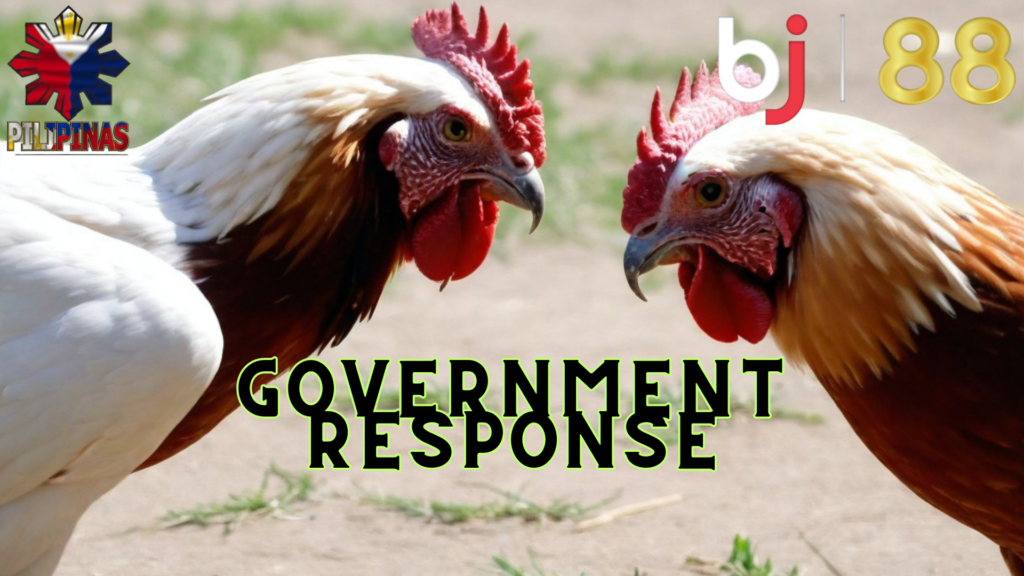Cockfighting, known as “sabong” in the Philippines, has been a cornerstone of Filipino culture and society for centuries. Traditionally held in local venues called “cockpits,” this ancient sport has now transitioned into the digital era, leading to the advent of “online sabong.” This shift has expanded the sport’s reach and introduced new facets to its practice, presenting both opportunities and challenges.

Sabong has been deeply embedded in Filipino history since pre-colonial times, enjoyed by people from all walks of life, from commoners to the elite, often during celebrations and community events. Traditional sabong involves two specially bred and trained roosters fighting in a small ring, with spectators placing bets on the outcome. The sport’s cultural importance is clear, reflecting the Filipinos’ competitive spirit and social camaraderie.

The move to digital sabong started in the late 2010s, driven by technological advancements and greater internet accessibility. Online sabong platforms provide a virtual space where fans can watch live-streamed cockfights, place bets, and interact with fellow enthusiasts. This transformation has made the sport more accessible, enabling participation from various parts of the country and the world without the need to be physically present at the cockpit.

Accessibility: Online platforms have made sabong accessible to a broader audience. Enthusiasts who cannot visit traditional cockpits can now enjoy the sport from their homes.
Convenience: The ease of online betting and live streaming has significantly improved user experience. Participants can place bets and watch matches in real-time using their computers or mobile devices.
Economic Opportunities: Online sabong has created new economic opportunities, from breeding and training gamecocks to tech jobs in platform management and development. The industry also generates income through advertising and sponsorship deals.

Despite its rising popularity, online sabong faces several challenges and controversies:
Regulation and Legality: The legal status of online sabong is a contentious issue. While traditional sabong is regulated under the Cockfighting Law of 1974, the online version operates in a legally ambiguous space. This has led to calls for clearer regulations to address issues like fair play, fraud prevention, and taxation.
Ethical Concerns: Animal rights activists have long opposed cockfighting due to its inherent cruelty. The shift to online platforms has not eased these concerns. Instead, it has intensified debates on animal welfare and ethical issues surrounding the sport.
Gambling Addiction: The easy access and anonymity of online sabong platforms can exacerbate gambling addiction. The lure of quick money and the thrill of live betting can lead to financial problems for individuals and families.

In response to the growth of online sabong, the Philippine government has started regulating the industry. The Philippine Amusement and Gaming Corporation (PAGCOR) has been tasked with overseeing online gambling activities, including online sabong. Efforts are being made to establish clear guidelines and ensure that operators follow responsible gaming practices and contribute to government revenues through taxes and fees.

The future of online sabong in the Philippines looks promising but depends on effective regulation and balancing tradition with modernity. As technology advances, the industry is likely to evolve further, potentially incorporating augmented reality (AR) and virtual reality (VR) to enhance user experience. However, addressing the ethical, legal, and social implications will be crucial to ensuring that the sport remains a respected and sustainable part of Filipino culture.
Conclusion
Online sabong represents a unique blend of tradition and technology in the Philippines. While it offers significant benefits, including greater accessibility and economic opportunities, it also presents considerable challenges that need careful consideration and regulation. As the sport continues to evolve in the digital age, finding a balance that respects cultural heritage, ethical standards, and modern sensibilities will be key to its sustainable future.

